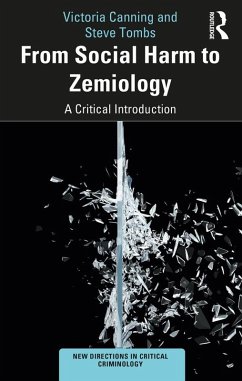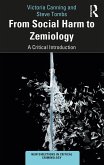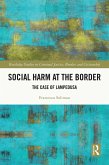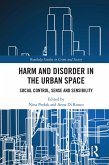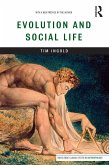Dieser Download kann aus rechtlichen Gründen nur mit Rechnungsadresse in A, B, BG, CY, CZ, D, DK, EW, E, FIN, F, GR, HR, H, IRL, I, LT, L, LR, M, NL, PL, P, R, S, SLO, SK ausgeliefert werden.
Biko Agozino, Professor of Sociology and Africana Studies, Virginia Tech.
This book is timely and provides an easily accessible, theoretical and empirical introduction to zemiology, the discipline that seeks to unearth harmful structures, policies, decisions and practice to generate changes to confront them. After a pedagogical introduction covering the arguments in favour of zemiology as a discipline of its own, the book unpacks theoretical and empirical demonstrations that clearly underline the field's justification. As the authors state; Zemiology requires a rethink about the lens through which we view the world in which we live. This is an important book for students and others who want to look beyond criminology to understand, analyse and act against harms.
Ragnhild Sollund, Professor at the University of Oslo.

